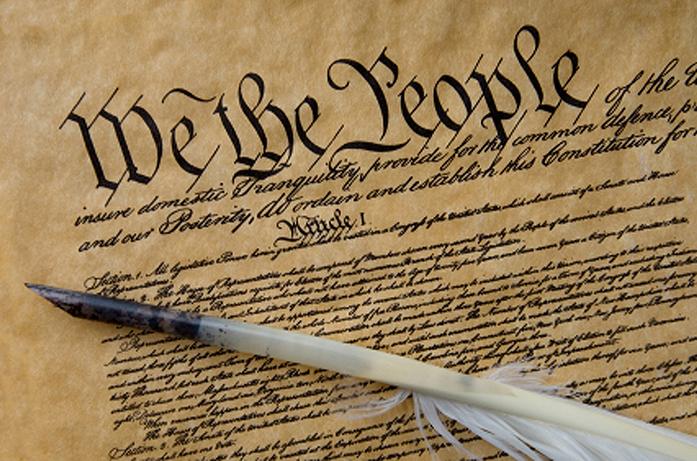Two columnists debate whether it’s good for marginalized groups to reclaim derogatory terms used against them.
Reclaiming slurs is a valid choice
We must remember that slurs are words that were weaponized against minorities by those in power, therefore leaving the former no choice. The question of slur reclamation is not about eradicating words entirely, which is unfortunately idealistic. Rather, it is whether individuals on the receiving end choose to accept that original meaning or create their own.
Both are valid choices. That’s what this issue is about: giving marginalized individuals the choice to take control of the language they were nonconsensually labeled with.
This reclamation has had positive effects with the word “queer.” Once exclusively used as a pejorative against the LGBT community, the word “queer” is now much more accepted positively in the mainstream. It has also been a helpful identifier for LGBT people with whom the term’s fluidity resonates.
However, some in the community still consider the term a slur and do not want to be referred to as such — and that’s OK, too.
But what about more controversial slurs, like the N-word or cr*p? And why are only members of the groups those words refer to “allowed” to say them?
RELATED: Point/Counterpoint: Is reverse racism real?
To be clear, the First Amendment gives people the right to say whatever they want so long as it is not obscene or inciting violence. But slur reclamation is a form of resistance and protest against a word created by oppressors. When those outside the group affected use the slur, it no longer serves that purpose. Minorities have the free speech to be critical of that.
Even after reading this, if you’re a non-black person who wants to say the N-word or a nondisabled person who wants to say “cr*p,” that’s within your legal right. None of us “social-justice warriors” are stopping you. But marginalized people also have the right to create new meaning out of words used against them and criticize those who disagree.
-Isabella Rosario
Reclaiming slurs is damaging
Minorities have been reclaiming slurs that were used to degrade them and redefining them to have positive meanings. For instance, members of the LGBTQ+ community use “queer” in their abbreviation. The biggest and best-known of these instances is the phenomenon of the black community using the N-word.
The idea behind people doing this is there is a large double standard in which “it’s OK for us to say it but not you.” Personally, I don’t use the N-word because I find it insulting, and I don’t want anyone to call me one, either. I also don’t let other people call me the N-word because I am more than just some common N-word.
Do I think it’s OK for people to use the N-word? No, I don’t think anyone should use the N-word regardless of race, because it ultimately lowers black people to a stereotype and strips them of the reasons that make them special.
RELATED: Medithi: First Amendment doesn’t protect slurs
Yes, I realize people have been “redefining the word,” but that doesn’t change the effect it still has on society. The mere fact that people get offended when non-blacks say the N-word shows just how much power the word still has.
I feel as though racial slurs such as the N-word and “ch**k” differ from “queer” because that is a word where the “redefining” was inclusive of everyone. Unlike f****t, where that the ability to say that word is restricted to members of the community, “queer” has become a universal term.
When you restrict a group from saying a word, you are ultimately trying to have your cake and eat it, too. You are redefining the word for your group but still leaving the old slur for the rest of the world.
Not to mention that these words are still offensive no matter how much you want to redefine it. Some people will never be able to redefine these words; for a lot of people, these words were used to bully people. Because of that, the weight and history behind these words can never be positive for everyone.
-Wylliam Smith



